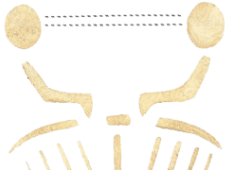Internal Family Systems

Connection
When you are deeply in connection with another human being, the world becomes a welcoming place. You feel heard, understood and appreciated. Your light is reflected by the other person, and they begin to glow with it too. You feel better about each other, and each of you feels better about him or her self.

Curiosity
When you are in the state of curiosity, you can be interested without being critical. You understand things in a deep and appreciative way. You begin to see things in three dimensions rather than two. You become aware of nuance, and the richness of relationships. You feel gratified and enlightened by the knowledge that becomes available to you.
Make an Appointment
Clarity
When you are in a state of clarity, the confusion that obscures your vision falls away, and you are able to understand the difference between what is real and how your parts interpret reality. Thoughts you might have such as “People think I’m stupid” become “Why would anyone think that? I have intelligent responses to what I hear and read, and, in fact, people I respect have told me that.”
Button
CONTACT
(973) 539-2205 (office)
(201) 323-4981 (cell/text)info@internalfamilydynamics.com
ADDRESS
Internal Family Dynamics, LLC248 Columbia Turnpike
Florham Park, NJ 07932
OFFICE HOURS
Mon- Fri 9:00am-5:00pm
or by appointment
